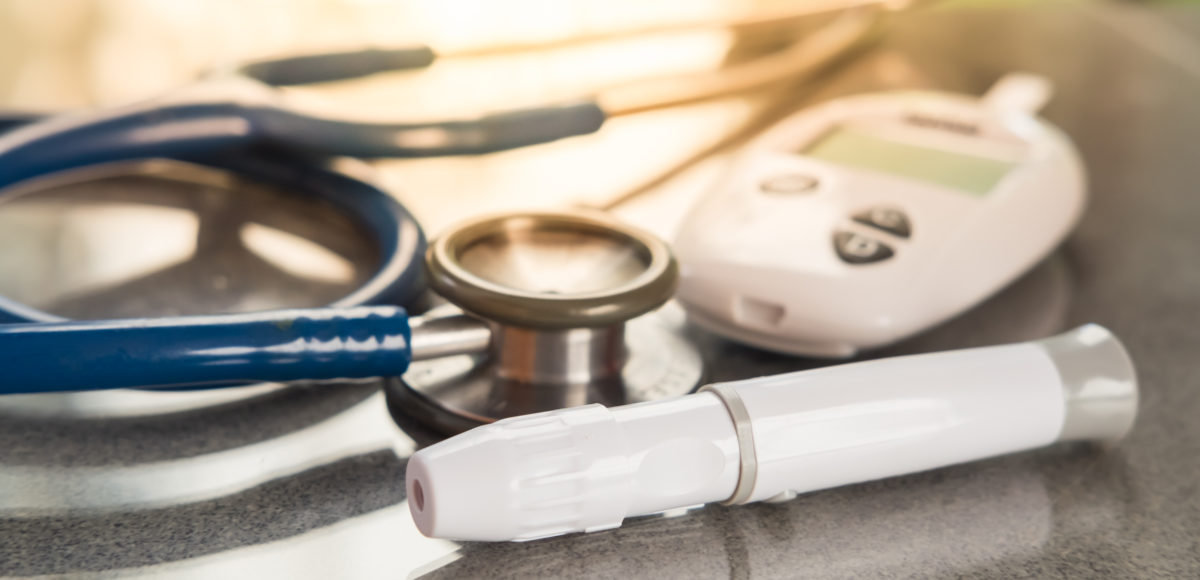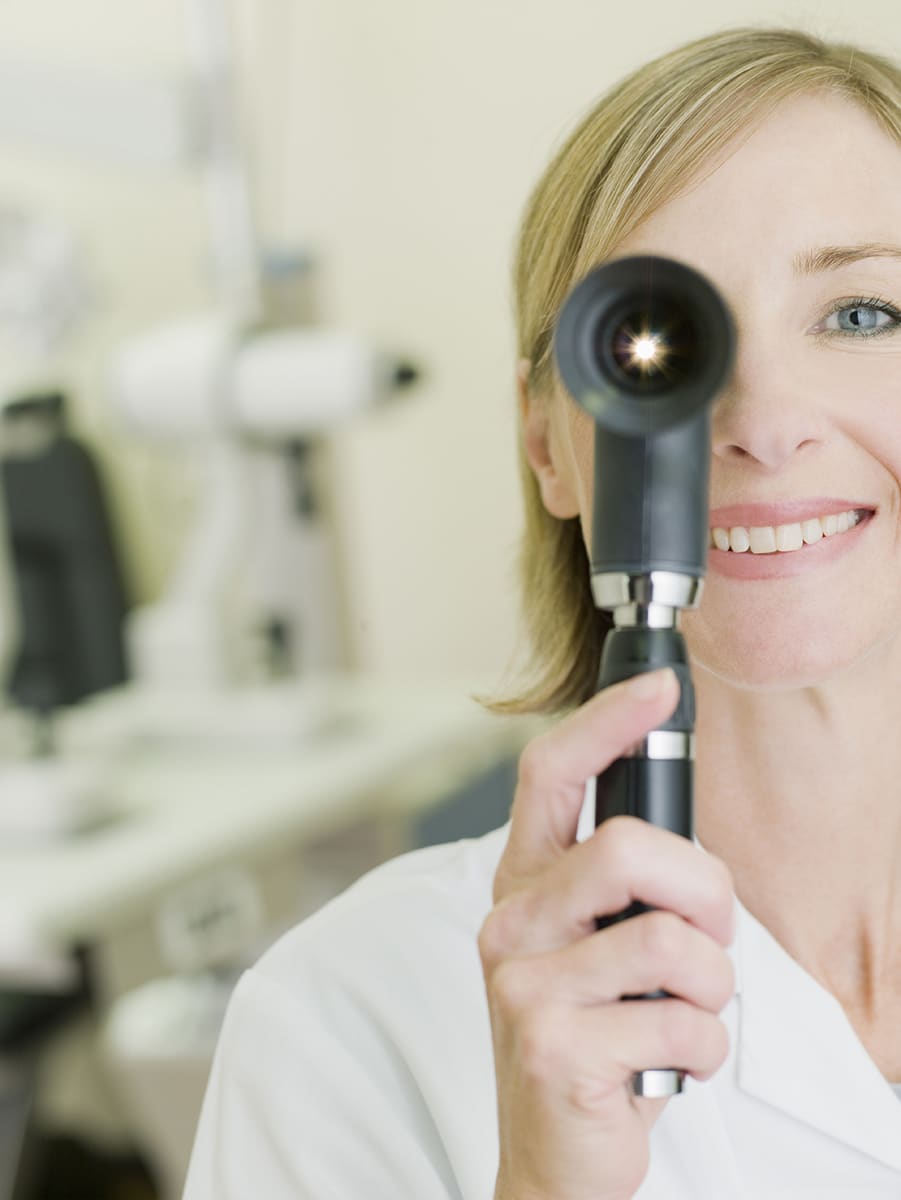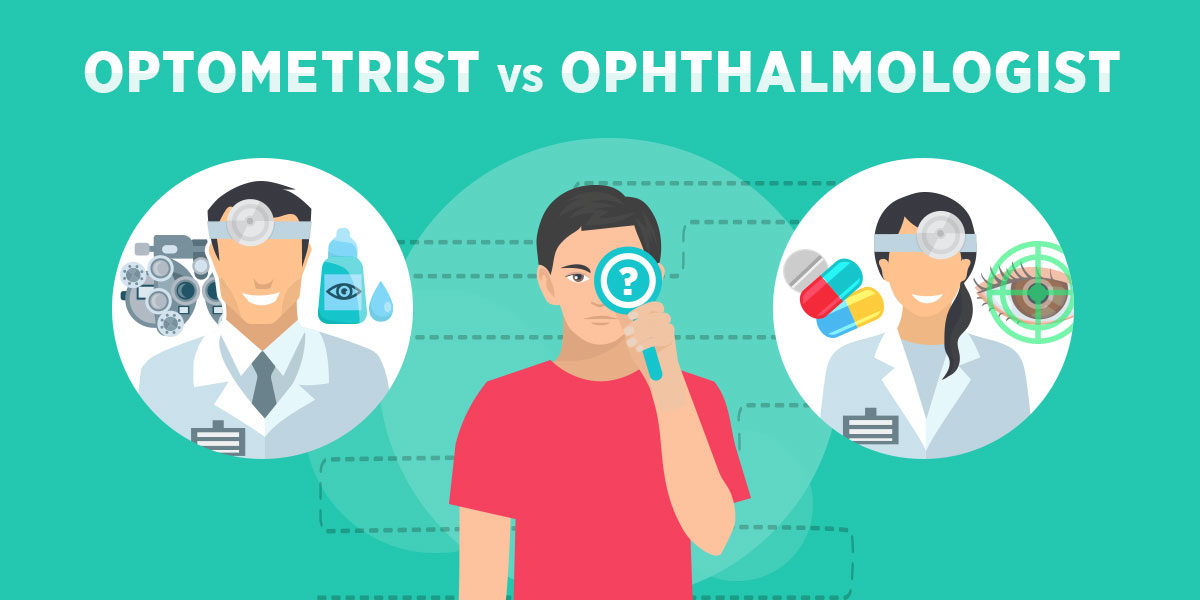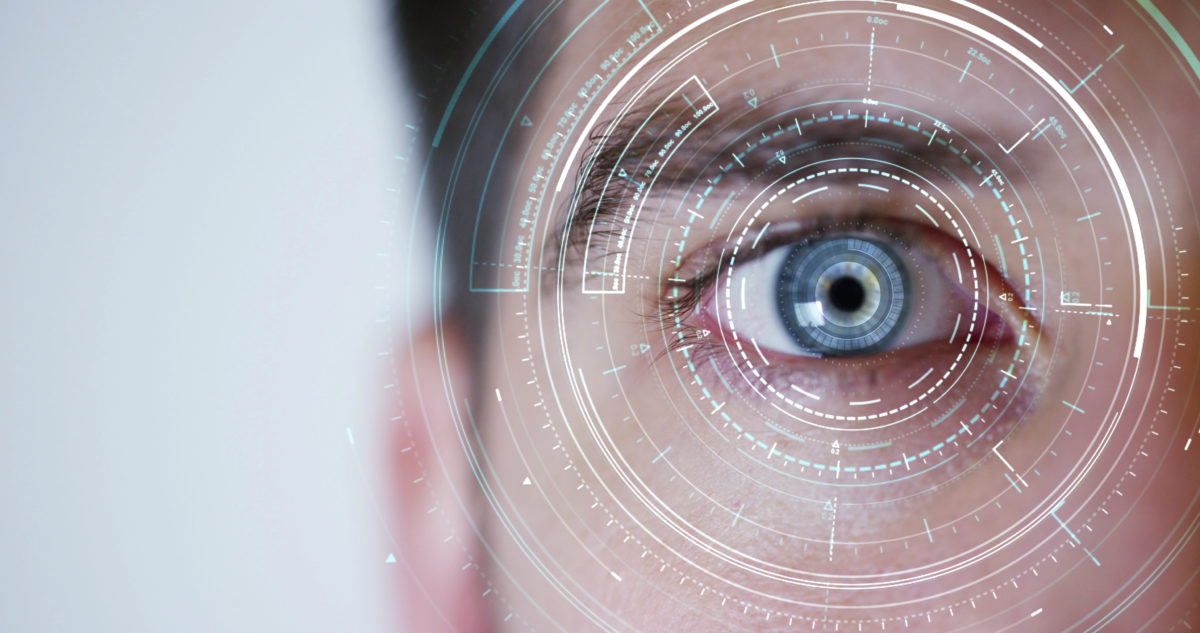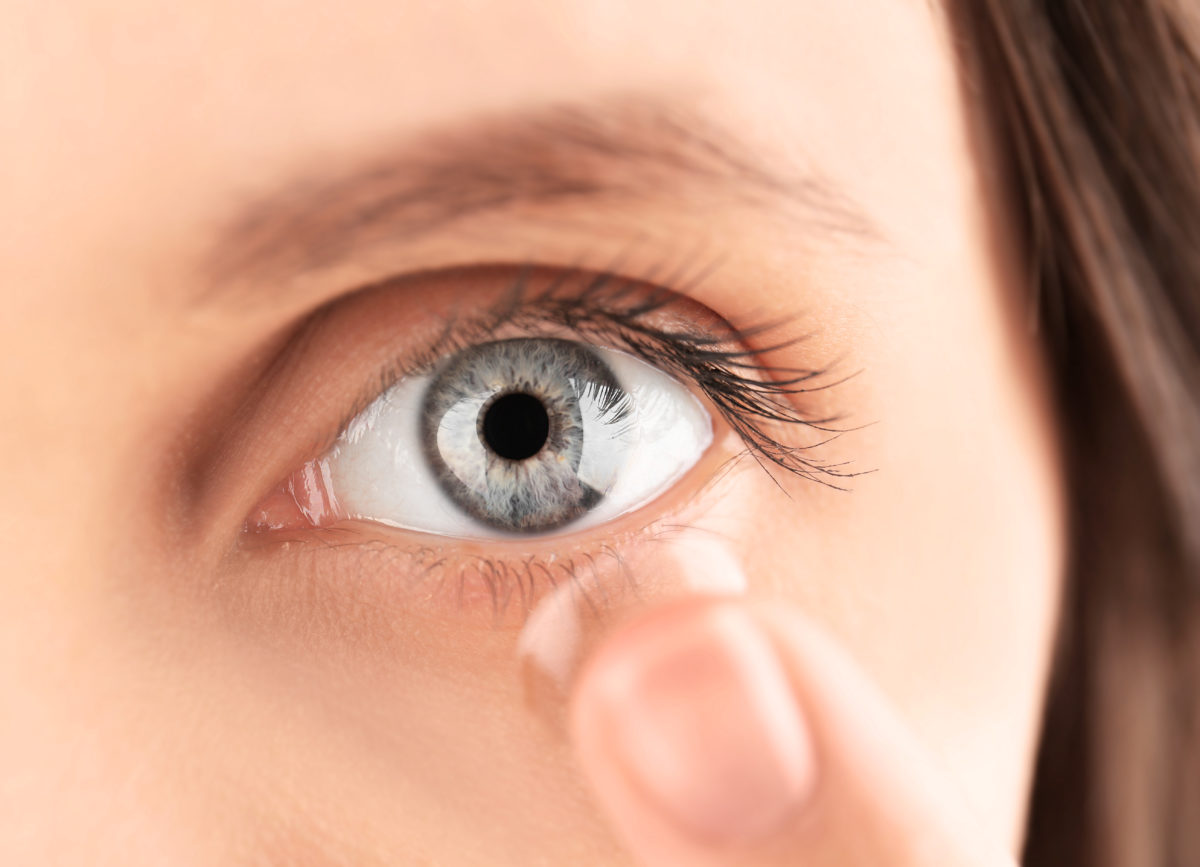Why is it so important for diabetics to have yearly eye exams?
Diabetes is on the rise in the United States. About 30 million Americans have diabetes, and it’s estimated that up to 8 million of these 30 million don’t even know it!
QUICK BASICS ON DIABETES: Diabetes is a condition in which the body either does not produce enough insulin or is not able to use the insulin effectively. As a result blood sugar becomes too high.
- “Type 1” is a deficiency of insulin due to several causes, including an autoimmune attack on the pancreas
- “Type 2” is a relative resistance to insulin that results from many causes, predominantly obesity in this country
Regardless of cause, diabetes results in high sugar levels that the body’s cells aren’t meant to handle. As a result, blood vessel walls become destroyed and important nutrients cannot be delivered to body tissues. Infections become more common and organ damage can occur throughout the body. The eye is not immune from this.
Along with rising numbers of diabetics, ophthalmologists are noticing an increase in the sight-stealing eye disease “diabetic retinopathy.” In fact, an eye exam may be the first indicator that a person has diabetes.
I’ve had patients come to see me because of blurry vision when they haven’t had a general medical checkup in years. Their retinal exam reveals characteristic diabetic changes and that’s when they first realize they have diabetes.
To understand what diabetic retinopathy is, picture that a person’s retina is fed by teeny blood vessels, the same size as the vessels that feed our hearts and our brains. In fact, the eye is the only place in the body where a person may look directly at such small caliber vessels!
When a diabetic’s sugars are not well controlled these vessels become damaged. They may leak or bleed in the retina. A retinal exam can show a range of damage, from some tortuous, leaky vessels, to outright closing off of vessels and dying tissue. This is the same underlying basis for diabetic neuropathy in the extremities, stroke in diabetic’s brains, or diabetic heart disease from poor vessel health.
In the eye, the leaking or bleeding causes blurring of the vision, which may become permanent. If sugars remain elevated over time, the retinopathy not only persists but worsens, as the swollen tissue dies and scars. Permanent blind spots may result. The dead retinal tissue incites a reaction of new vessels growing in an attempt to feed and save the healthy retinal tissue that remains. The problem is that these new vessels aren’t normal and they can lead to further scarring, leaking and retinal detachments.
IT’S NOT A MATTER OF LUCK!
If your sugars remain high for a period of time, vessel damage occurs. With tight sugar control over time, vessels look great. With few exceptions, you control your sugars, together with your doctor, through diet, lifestyle, and medication.
When I see my diabetics with normal retinal exams, I congratulate them – they are responsible! It isn’t easy managing sugars with diet, exercise and possibly medication on a day-to-day basis. But if a patient understands WHY they have quality vision and WHY they could lose that vision, they are more likely to stay in the game and work with the disease they have.
On the other hand, if I examine a patient and find them to have the beginnings of retinopathy, we have a chat about how their sugar levels have been and where their primary care doctor wants those sugars to be. I then show them a photo like this one, indicating where their mild retinopathy could progress to in just a few months if they don’t work on hitting their target levels.
The photo on the left is of a normal, healthy retina. The photo on the right is of a poorly controlled diabetic with a HgAlC of over 8.0 for several years.
Diabetic retinopathy affects more than 4 million Americans, making it a leading cause of blindness. An even more troubling fact is that many of them don’t know it. That’s because early on in the disease, central vision can remain unaffected.
Don’t leave yourself “in the dark!” Get your eyes examined now—and every year—by a qualified ophthalmologist.
Education is key!
 English
English French
French German
German
